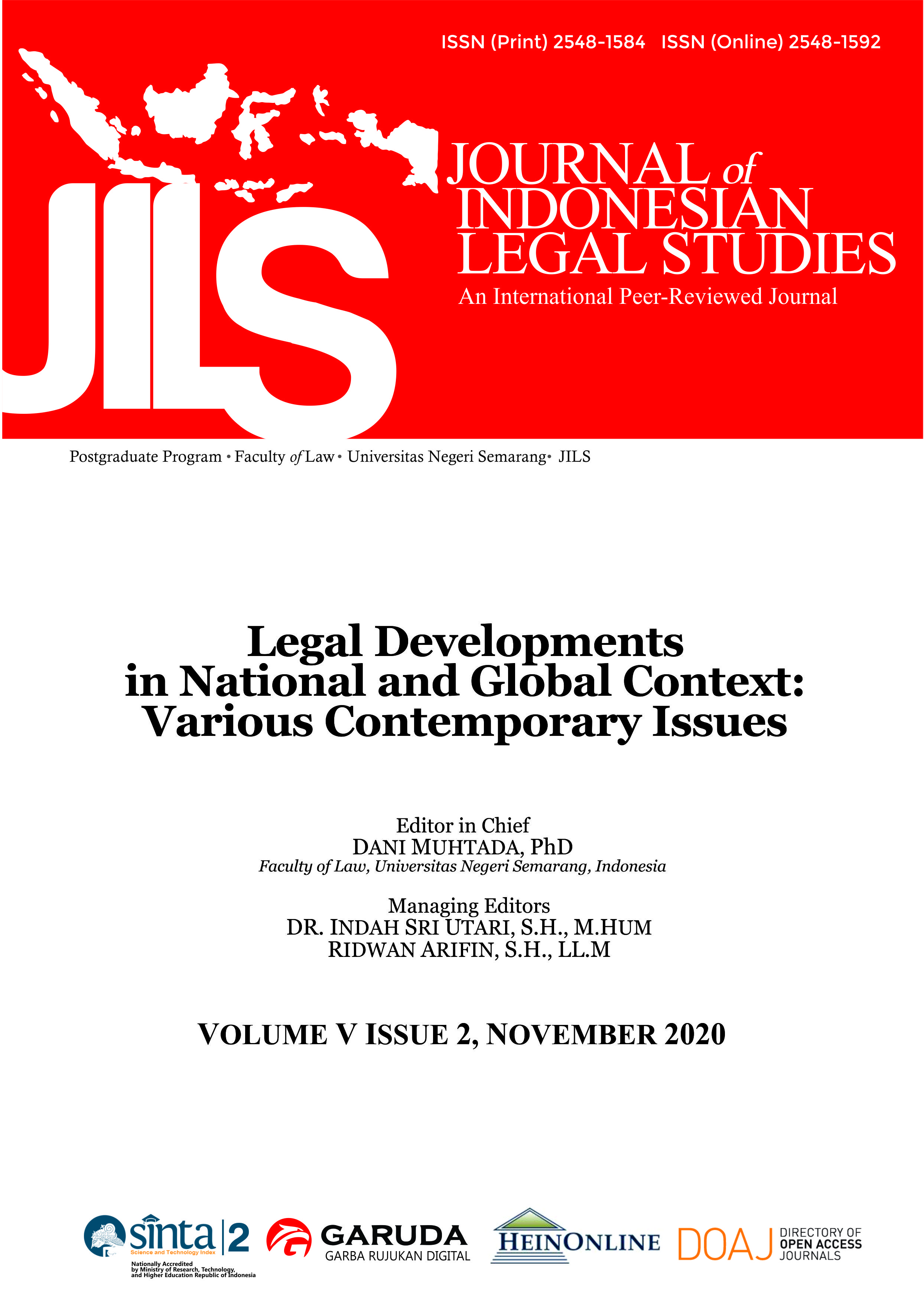Cybercrime in ASEAN: Anti-Child Pornography Legislation
Main Article Content
Abstract
Child pornography is one of the most pernicious crimes amongst the various forms of cybercrime. Offensive materials can be quickly disseminated over the internet with no respect for international borders. ASEAN leaders undertook at their 31st ASEAN Summit to prevent and tackle cybercrime including harmonising their laws. This paper is based on an analysis of the cybercrime legislation of all ten ASEAN countries to determine how the offence of child pornography is covered in their legislation. As the offence has extra-territorial consequences the analysis includes a discussion of the extraterritorial reach of the legislation. It was found that most of the jurisdictions have specific statutes or specific articles in their Criminal Codes concerning the crime of child pornography. They do not necessarily refer to cybercrime or computer-related crime. Mutual cooperation is essential in combating cybercrime as is legislation that clearly defines the offence and is agreed across all jurisdictions. The paper analyses the current status of harmonization of laws in ASEAN and discusses a possible way forward in the harmonization of anti-child pornography legislation across ASEAN.
Article Details

This work is licensed under a Creative Commons Attribution-ShareAlike 4.0 International License.
All writings published in this journal are personal views of the authors and do not represent the views of this journal and the author's affiliated institutions. Author(s) retain copyrights under the licence of Creative Commons Attribution-ShareAlike 4.0 International (CC BY-SA 4.0).
References
Anti-Child Pornography Act of 2009 (Philippines).
ASEAN Convention against Trafficking in Persons, Especially Women and Children, signed 21 November 2015 (entered into force 8 March 2016).
ASEAN Declaration to Prevent and Combat Cybercrime, signed 13 November 2017.
Association of Southeast Asian Nations (2019) Home, https://asean.org/ Accessed 11 October 2019.
Barizah, N. (2017). The development of ASEAN's intellectual property rights law: From TRIPS compliance to harmonization. Indonesian Law Review 7(1): 95-112.
Broadhurst, R. (2006). Developments in the global law enforcement of cyberâ€crime. Policing: An International Journal of Police Strategies & Management, 29(2), 408-433. DOI: 10.1108/13639510610684674.
Chang, L. Y. (2020). Legislative Frameworks Against Cybercrime: The Budapest Convention and Asia. The Palgrave Handbook of International Cybercrime and Cyberdeviance, 327-343.
Clough, J. (2014). A world of difference: the Budapest Convention on Cybercrime and the challenges of harmonisation. Monash University Law Review 40: 698-736.
Computer Crime Act B.E. 2550 (AD 2007) (tr tentative) (Thailand).
Convention on Cybercrime, opened for signature 23 November 2001, UNTS No 40916 (entered into force generally 1 July 2004).
Convention on the Rights of the Child, opened for signature 20 November 1989, 1577 UNTS 3 (entered into force 2 September 1990).
Criminal Law Reform Act 2019 (Singapore).
Criminal Procedure Code (rev 2001) (Brunei Darussalam).
Cybercrime Law (Cambodia (Draft V.1 Unofficial translation to English).
Cybercrime Prevention Act of 2012 (Philippines).
Deinla, I. (2017). The Development of the Rule of Law in ASEAN: The State and Regional Integration. Cambridge: Cambridge University Press, Kindle Edition.
Gowa, A. (2016). Draft ASEAN Framework on COP. ITU - ASEAN Workshop on Child Online Protection, Manila 13-14 September 2016. https://www.itu.int/en/ITU-D/Regional-Presence/AsiaPacific/ Pages/Events/2016/ Sept-COPa/home.aspx Accessed 8 Oct 2019
Jamil, Z. (2012). Global Fight Against Cybercrime: Undoing the Paralysis. Georgetown Journal of International Affairs, 109-120.
Law No. 44 of 2008 on Pornography (Indonesia).
Law on Child Protection 2002 (tr Refworld) (Indonesia).
Law on Children (Law No. 102/2016/QH13) (tr SoftLaw) 2016 (Vietnam).
Law on the Protection of the Rights and Interests of Children (Translation Endorsed by the Law Committee of the National Assembly of the Lao PDR) 2006 (Lao PDR).
Nottage, L., Malbon, J., Paterson, J., and Beaton-Wells, C. (2019). ASEAN Consumer Law Harmonisation and Cooperation (Integration through Law: The Role of Law and the Rule of Law in ASEAN Integration) Cambridge: Cambridge University Press, Kindle Edition.
Optional Protocol to the Convention on the Rights of the Child on the sale of children, child prostitution and child pornography, opened for signature 25 May 2000, 2171 UNTS 227 (entered into force 18 January 2002).
Penal Code (Chapter 224) (Current version as at 15 Oct 2019) (Singapore).
Penal Code (rev ed 2016) (Brunei Darussalam).
Penal Code Amendment Act (No. 24) B.E. 2558 (2015) (tr Wikisource) (Thailand).
Pyidaungsu Hluttaw Law No. 22/2019 - Child Law (Burmese) (Myanmar).
Royal Kram NS/RKM/0208/005 on the Suppression of Human Trafficking and Sexual Exploitation 2007 (tr UNICEF (unofficial)) (Cambodia).
Sexual Offences against Children Act 2017 (Malaysia).
Smith, R.B. (2019). Harmonisation of laws in ASEAN: The issue of language. In: International seminar for politics, administration and development (INSPAD 2019). Thailand: Walailak University.
Wibowo, K. (2019). The harmonisation of ASEAN competition laws. In: Yeo J, See A [Eds.], The ASEAN law conference 2018: A compendium of speeches, papers. presentations and reports, pp 156-158, Singapore: Academic Publishing.
World Bank and the International Centre for Missing & Exploited Children, Protecting Children from Cybercrime: Legislative Responses in Asia to Fight Child Pornography, Online Grooming, and Cyberbullying 2015 (A joint report of the World Bank and the International Centre for Missing & Exploited Children, 2015).
